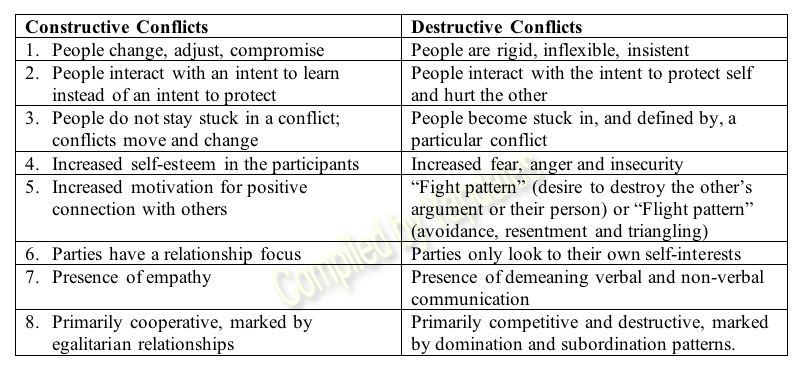Schrock-Shenk & Ressler lists 3 components to any conflict: Problems, People, and Process. The problems are the 'what' of a conflict. People are the 'who' while the process is the 'how' decisions are made and problems addressed. It is the 'process' that is the most frequent source of contention.
"One of the keys to transforming conflict is to develop a process that gives a voice to all of the persons involved." (Schrock-Shenk & Ressler)
Easier said that done, one may say. Even devout Christians can become embroiled in the disagreements. Karl Barth and Emil Brunner, who were friends at one time, broke ranks over a theological disagreement. John Wesley and George Whitefield, once good friends, also disagreed and went their own ways, Wesley taking becoming more Arminian, while Whitefield remained a staunch Calvinist. In churches, disagreements led to major splits, like how the Pentecostal/Charismatic affected mainline denominations in the recent decades.
Conflict is like a hot potato that everyone wants to get rid of. Truth is, getting rid of one today, does not guarantee immunity-conflict tomorrow. Better to prepare for conflict resolution skills as part of our peacemaking inventory. Below is a table that I find helping as a first phase of conflict resolution.
First key to conflict resolution is to IDENTIFY the characteristics of constructive and destructive conflicts. The table below is extracted from Joyce Hocker and William Wilmot's Interpersonal Conflict, 4th ed (Madison, Wis: William C, Brown Communication, 1978), 32-38.

To be continued.....
No comments:
Post a Comment